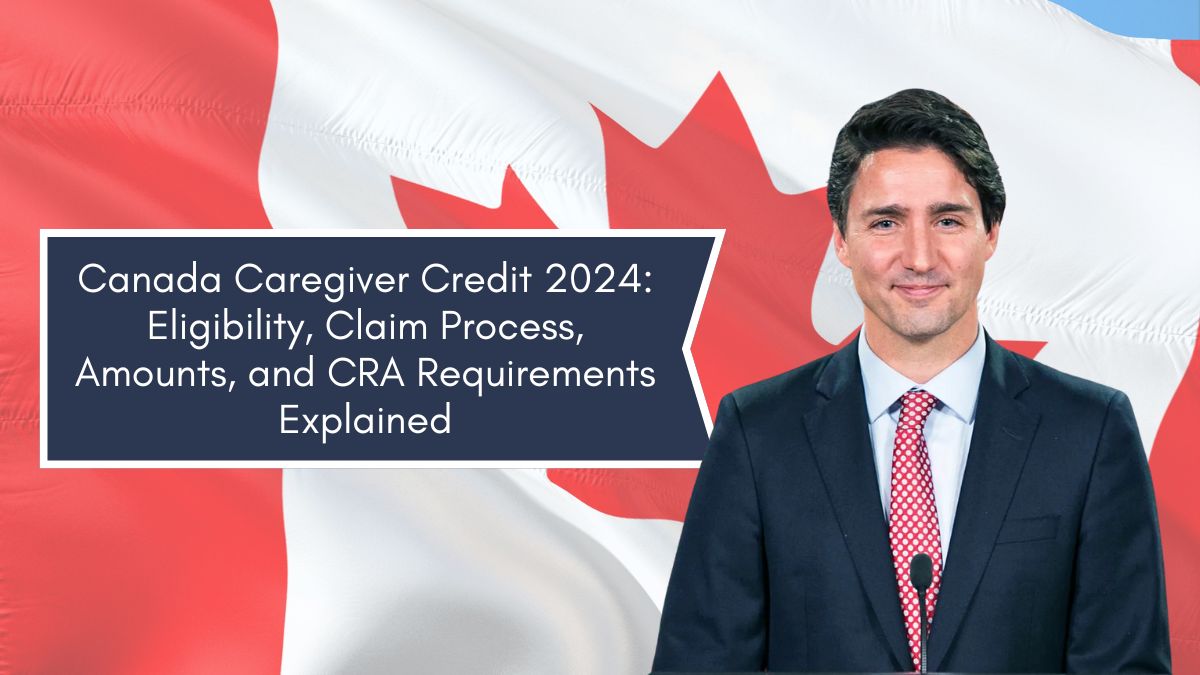The Canada Caregiver Credit (CCC) is a vital non-refundable tax credit introduced by the Canadian government to ease the financial challenges faced by caregivers. Designed to support individuals caring for a spouse, common-law partner, or dependents with physical or mental disabilities, this credit provides significant financial relief and helps reduce the financial strain associated with caregiving.
In this guide, we’ll explore the eligibility criteria, the amounts caregivers can claim, and a detailed step-by-step process to claim the credit. By understanding the CCC, caregivers can maximize the benefits it offers.
Simplifying Caregiving Benefits: The Transition to CCC
The CCC replaced three former credits—the Infirm Dependent Credit, the Caregiver Credit, and the Family Caregiver Credit. By consolidating these programs, the CCC simplifies the application process, ensuring caregivers can access financial support more efficiently without navigating multiple claims.
This streamlined approach benefits those who provide essential care, enabling them to focus more on their responsibilities.
Who Qualifies for the Canada Caregiver Credit?
Key Eligibility Requirements
To qualify for the CCC, you must be a Canadian resident providing care for:
- Spouse or Common-Law Partner
Caregivers supporting their spouse or common-law partner with physical or mental impairments are eligible. - Child or Grandchild
If a child or grandchild (biological or of your spouse/common-law partner) relies on you for necessities like shelter, clothing, and food, and requires more personal care than children of the same age, you may qualify. - Other Relatives
Relatives such as parents, grandparents, siblings, nieces, uncles, or nephews who depend on you and reside in Canada may also make you eligible for the CCC.
Amounts You Can Claim Under the CCC
The amount claimable under the CCC depends on your relationship with the dependent, their net income, and other benefits they receive. Below is a detailed breakdown:
| Dependent Category | Claim Amount | Line to Use on Tax Return |
|---|---|---|
| Spouse or Common-Law Partner | $2,499 + up to $7,999 | Line 30300 and Line 30425 |
| Eligible Dependent (18 or older) | $2,499 + up to $7,999 | Line 30400 and Line 30425 |
| Dependent (under 18 at year-end) | $2,499 | Line 30400 or Line 30500 |
| Child (under 18) | $2,499 per child | Line 30500 |
| Other Dependent (18 or older, not spouse) | Up to $7,999 | Line 30450 |
Steps to Claim the Canada Caregiver Credit
To successfully claim the CCC, follow these essential steps:
- Complete the Relevant Sections
- For amounts on Line 30300, Line 30425, Line 30400, or Line 30450, fill out Schedule 5, which pertains to amounts for a spouse, common-law partner, and dependents.
- For claims on Line 30500, enter the details directly on your tax return.
- Prepare Supporting Documentation
While submitting your tax return, you don’t need to attach documents upfront. However, retain the following in case the CRA requests them later:- A signed statement from a medical practitioner detailing the start and expected duration of the impairment.
- For dependents under 18, the statement must also confirm the child’s ongoing reliance on others for personal needs and care due to the impairment.
- Form T2201 – Disability Tax Credit Certificate
If you’ve already submitted an approved Form T2201 for a specified period, you may not need an additional medical statement.
FAQs
What is the Canada Caregiver Credit?
The CCC is a non-refundable tax credit designed to assist caregivers financially by supporting them in their role of caring for a dependent with mental or physical impairments.
Who can claim the CCC?
Canadian residents providing care for a spouse, common-law partner, or a dependent relative with a qualifying impairment can claim the credit.
How much can I claim under the CCC?
The claimable amount depends on the dependent’s age, net income, and relationship to you. For example, amounts range from $2,499 to $7,999 per eligible dependent.







